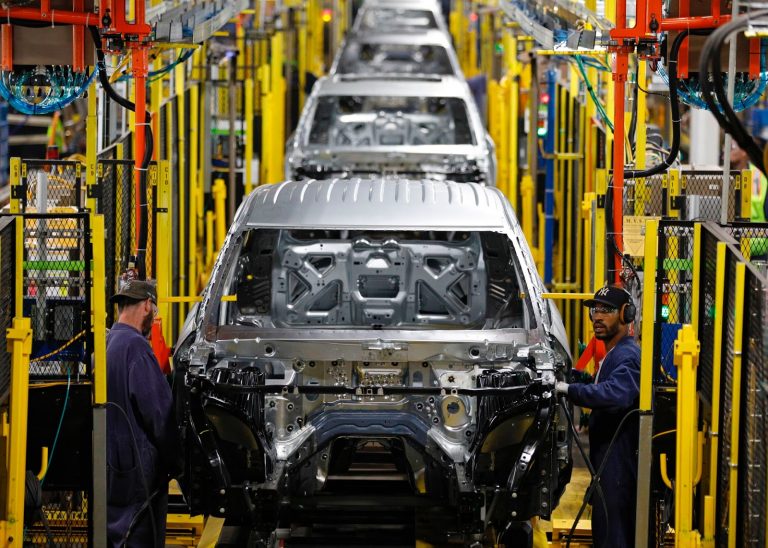Automakers around the world are feeling the harmful effects of a semiconductor computer chip shortage that began last year when the pandemic caused the shutdown of vehicle assembly plants. That problem has only worsened due to a fire in March at Renesas Electronics, a computer chip company based in Japan.
A new vehicle market that has been resilient throughout the pandemic has helped Ford experience $3.3 billion growth in net income — a comeback from a $2 billion loss due to the pandemic — their highest quarterly income in years, but the global semiconductor chip shortage is expected to revert income back to lowered levels. Ford expects to be set back by 1.1 million units in total throughout 2021, which could lower earnings by $1 billion to $2.5 billion this year.
Ford CEO Jim Farley said that “the semiconductor shortage and the impact to production will get worse before it gets better.”
Back in February, CNBC predicted that the semiconductor shortage is expected to cause the auto industry a setback of $60 million and create competition for the limited parts. General Motors is predicted to experience a $1.5 billion to $2 billion loss this year.
“There’s no easy way out of this,” said Kristin Dziczek, Vice President of Industry, Labor and Economics at the Center for Automotive Research. “Last year we knew that once they were able to flatten the curve and get safety protocols in place, they could return to production. That’s not the case now. We’ve got really long lead times and more and more demand on chips.”
Success
You are now signed up for our newsletter
Success
Check your email to complete sign up
According to Wall Street Journal, Ford’s F-150 truck is their best seller and accrues the company’s highest profit. Through the first quarter Ford has managed not to cut production of F-150s, but cancelled multiple weeks of production in April and will not get back to normal production levels until mid-May.
One way Ford has addressed the current challenge is by producing 22,000 vehicles without semiconductors, which will be equipped with them when they become available later.
Jessica Caldwell, Executive Director of Industry Insights at Edmunds said, “Ford is hanging on tight for now, but might find itself in a less secure position as this chipset shortage continues with no immediate end in sight.”
According to Reuters, one automaker that will not feel the negative effects of the semiconductor chip shortage so significantly is Toyota. After an earthquake and tsunami in Fukushima caused disaster and challenges to production in 2011, Toyota decided to stock-up on anywhere from two to six month supplies of semiconductors in order to divert the negative impact of a semiconductor shortage in disaster situations. This has given them an upper hand in production during the current struggle that automakers face.
















